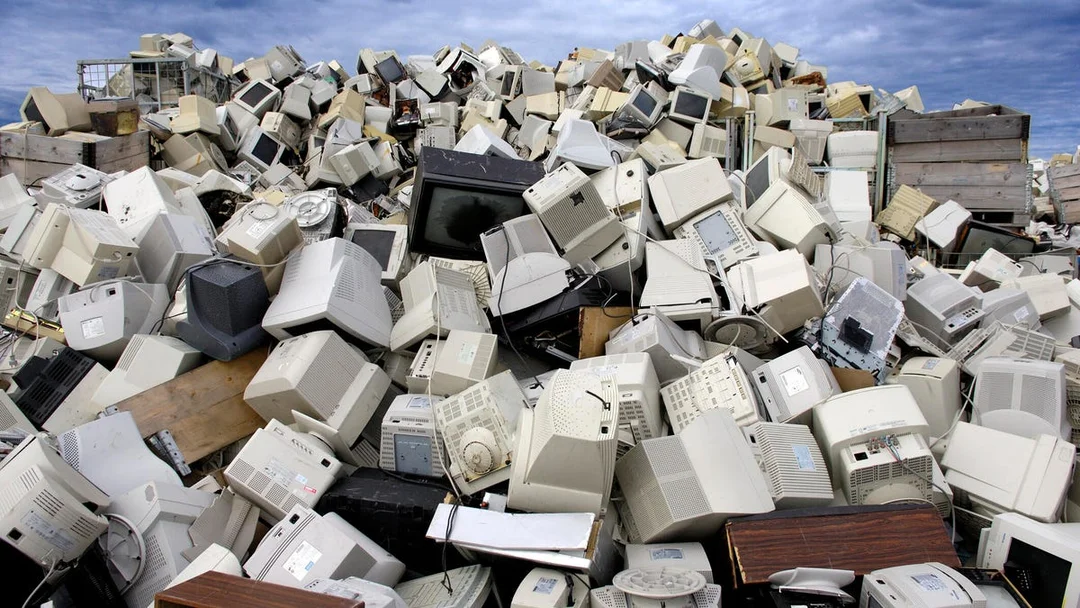
Windows XP: Why Some Systems Are Still Stuck in the Past
In a world dominated by AI and Windows 11, it may come as a shock that Windows XP, an operating system released in 2001, still powers critical systems across the globe. From hospitals to railway networks, this relic of the past persists, raising questions about cost, maintenance, and cybersecurity.
A recent BBC investigation highlights how deeply entrenched Windows XP remains within the infrastructure of banks, hospitals, government agencies, and public transportation. It's not nostalgia driving this trend but rather the prohibitive cost and complexity of upgrading legacy systems.

In New York City, a journalist discovered an elevator system in a modern medical office still running on Windows XP. Similarly, in Germany, Deutsche Bahn, the national railway operator, seeks IT professionals familiar with Windows 3.11 and MS-DOS—systems from the early 1990s and 1980s respectively—to maintain critical operations on older trains.
The continued use of these outdated systems isn't without its challenges. Elvis Montiero, an ATM field technician, points out that upgrading ATMs involves significant hardware changes, software rewrites, and navigating complex regulatory standards. For some businesses, the cost is simply too high. John Watts, a business owner in San Diego, faces a $60,000 bill to upgrade his photo printers, which require a Windows 2000 machine.

Lee Vinsel, an associate professor at Virginia Tech, warns of a looming crisis: "If you don’t manage infrastructure properly and it fails, you may end up in a situation where there’s just one guy across the country who knows how to keep it running."
But clinging to old tech isn’t just about money. For some, like Dene Grigar, director of the Electronic Literature Lab at Washington State University, Vancouver, old computers are a labor of love. Her lab preserves digital art that can only be truly experienced on the original hardware.

So, why are these systems still chugging along? M Scott Ford, a software developer specializing in updating legacy systems, explains that organizations often prioritize new features over maintaining existing infrastructure. Microsoft's historical business strategy, focusing on long-term software support, also plays a role.
What does the future hold for these ancient systems? As technology marches on, the challenge of maintaining and securing older infrastructure will only grow. Will these institutions finally upgrade, or will they continue to rely on Windows XP and other outdated platforms? The answer remains to be seen.
What are your thoughts on the persistence of older operating systems? Share your comments and experiences below!